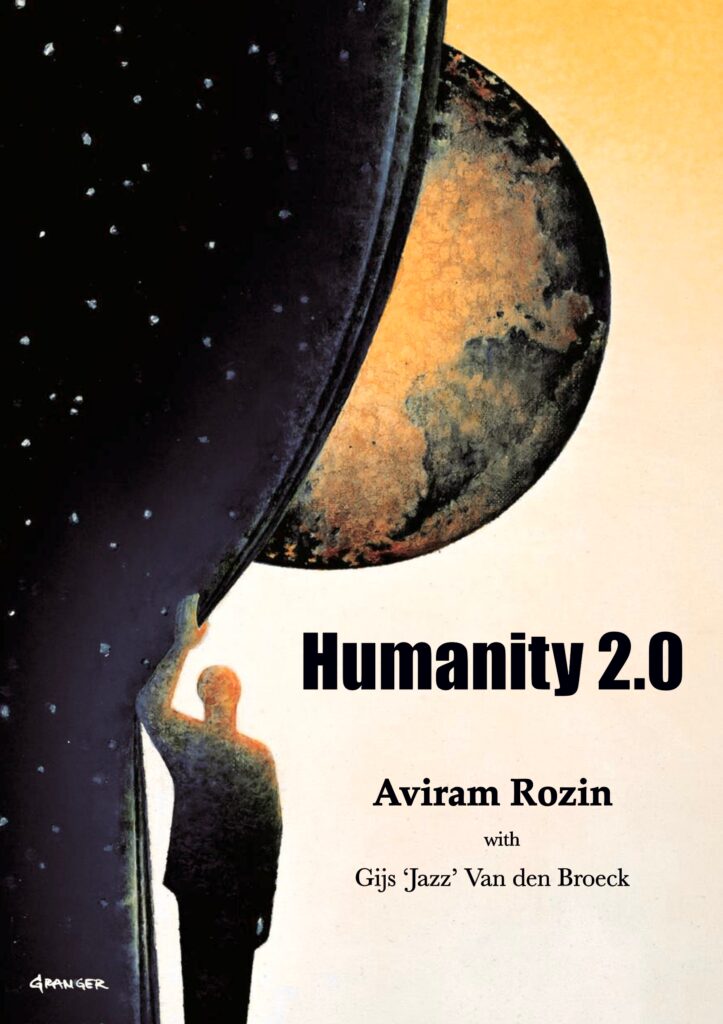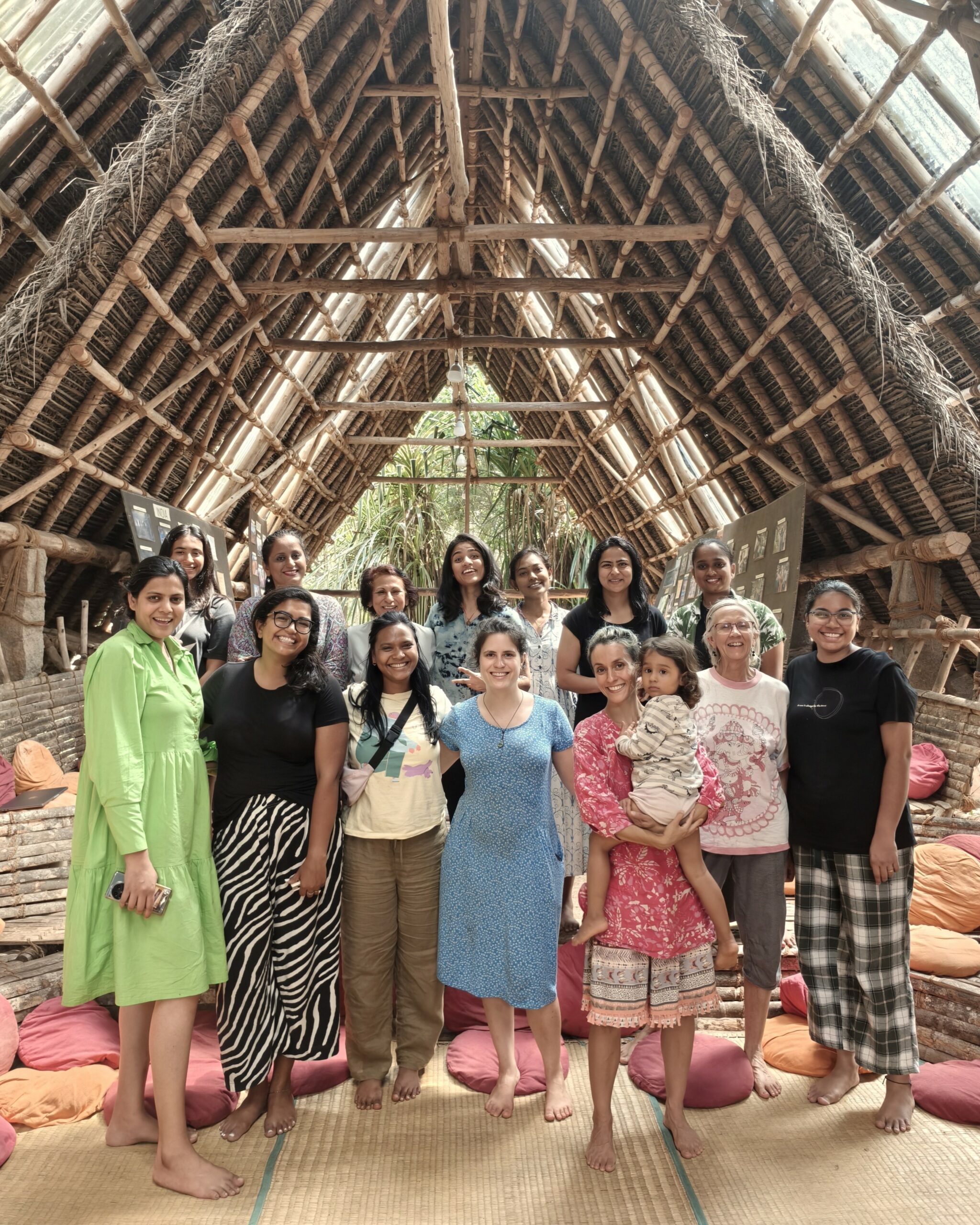THE COMMUNITY GARDEN ENERGY TRAINING CENTER NURSERY COMPOST TOILETS DOMESTIC WATER USE
How We Cook
[justified_image_grid ids=6178 caption=off aspect_ratio=16:9]
Sadhana Forest Haiti is a vegan community. Eating vegan food is a very effective way to protect natural resources. A vegan diet uses five times less land to produce food than an omnivore diet and 2.5 times less land than a vegetarian diet. Seventy percent of all agricultural land is used for feeding farmed animals. On average, a vegan diet indirectly reduces water used for food production by nearly 600 gallons (2271 liters) per day as compared to an omnivore diet. If ones’ aspiration is to protect natural resources, adjusting the diet seems like a logical and very effective first step. This means that all animal-based products are excluded from the meals. This includes items such as: meat, fish, dairy products (milk, butter, yogurt, etc.), eggs, honey, etc. Also foods are selected that are minimally processed. This excludes items such as white flour, packaged juice, fried foods, refined sugars, preservatives, artificial colorings/flavorings, etc. However, plenty of fresh, organic, nutritionally whole, and tasty foods are prepared, and we cook with a variety of organic and seasonal fruits, vegetables, legumes (dhal), and grains. For example, instead of using packaged soy milk, milk is made from locally sourced and organic coconuts.
Cleaning (ash vinegar etc.)
[justified_image_grid ids=6184 caption=off aspect_ratio=16:9]
We use an innovative method for washing our dishes. Instead of sponges and dishtowels, we use coconut fibers (sourced from the coconuts we used to make the coconut milk) as scrubs. Instead of being sent to a landfill when finished, our scrubs are composted. This is a very ecologically sound way of utilizing all of our resources.
We utilize wood ash collected from the rocket stoves used to cook our meals, as dish detergent. Ash, high in alkali, is a powerful and natural surfactant. Some of the earliest soaps in human history were made from ash and fat (oil)! Using ash is another way of us extending the life cycle of and utilizing our natural resources as efficiently as possible.
Vinegar is used as a natural and biodegradable disinfectant. It contains antimicrobial properties (from acetic acid). Unlike commercially produced disinfectants, the production of vinegar is less detrimental to the environment. Because vinegar is biodegradable we don’t have to worry about contaminating our waste water supply, which we use to irrigate our kitchen gardens.
Stoves/Oven
Rocket Stoves – Firewood
[justified_image_grid ids=6246 caption=off aspect_ratio=16:9]
At Sadhana Forest Haiti we cook on rocket stoves. Rocket stoves are a very fuel-efficient way of cooking. They use 60-80% less fuel than traditional stoves by maximizing combustion and heat transfer to the cooking pot and controlling the oxygen flow. Also the diameter of the fuel (wood) needed is smaller. Less fuel equals less deforestation. This highly efficient way of cooking also greatly reduces the amount of carbon dioxide and black carbon emitted into the atmosphere.
THE COMMUNITY GARDEN ENERGY TRAINING CENTER NURSERY COMPOST TOILETS DOMESTIC WATER USE



